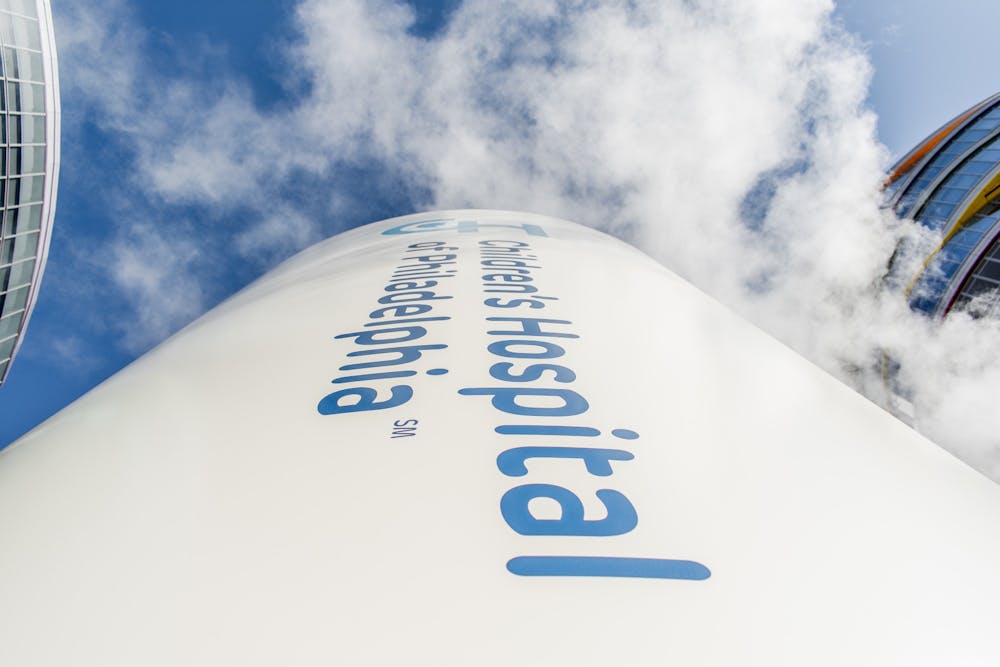Penn Medicine and Children’s Hospital of Philadelphia have partnered with Costa Rica’s social security program to advance CAR T-cell cancer therapy research, a type of immunotherapy that could improve and reduce the cost of cancer treatment.
Penn Med, CHOP, and the Costa Rican government will work together to develop a clinical trial protocol where patients in Costa Rica will first come to Penn or CHOP to have their T cells collected. Then, the manufactured CAR T cells will be sent back to Costa Rica for infusion into the patient.
Researchers at Penn and CHOP developed the first approved CAR T-cell therapy alongside Novartis, a pharmaceutical company. The treatment has been recognized as “the world’s first personalized cellular therapy for cancer."
According to the National Cancer Institute, CAR T-cell therapies work by first collecting a specific type of immune cell, the T cell, from the patient. Then, the T cells are altered in the lab to produce proteins called chimeric antigen receptors (CARs), which help them find and attack cancer cells.
The institutions will also develop “educational and training opportunities” to help more Costa Rican healthcare providers use this therapy for their patients.
Today, there are six FDA-approved CAR T-cell therapies, each for a different type of cancer. Clinical trials for CAR T-cell therapy showed remissions among patients lasting for at least 10 years. Penn researchers recently discovered an approach that reduces the time it takes to process the cells, which could increase the accessibility and decrease the cost of this treatment.
In the press release, Penn Medicine News stated that this joint effort is an important step toward improving global health equity, bringing cutting-edge therapy to areas where it would not normally be available.
“We are honored to work with our colleagues in Costa Rica in hopes of building a path for patients in underserved areas to have the opportunity to benefit from clinical research programs offering this personalized therapy,” Carl H. June, the director of the Center for Cellular Immunotherapies in the Perelman School of Medicine, said.









